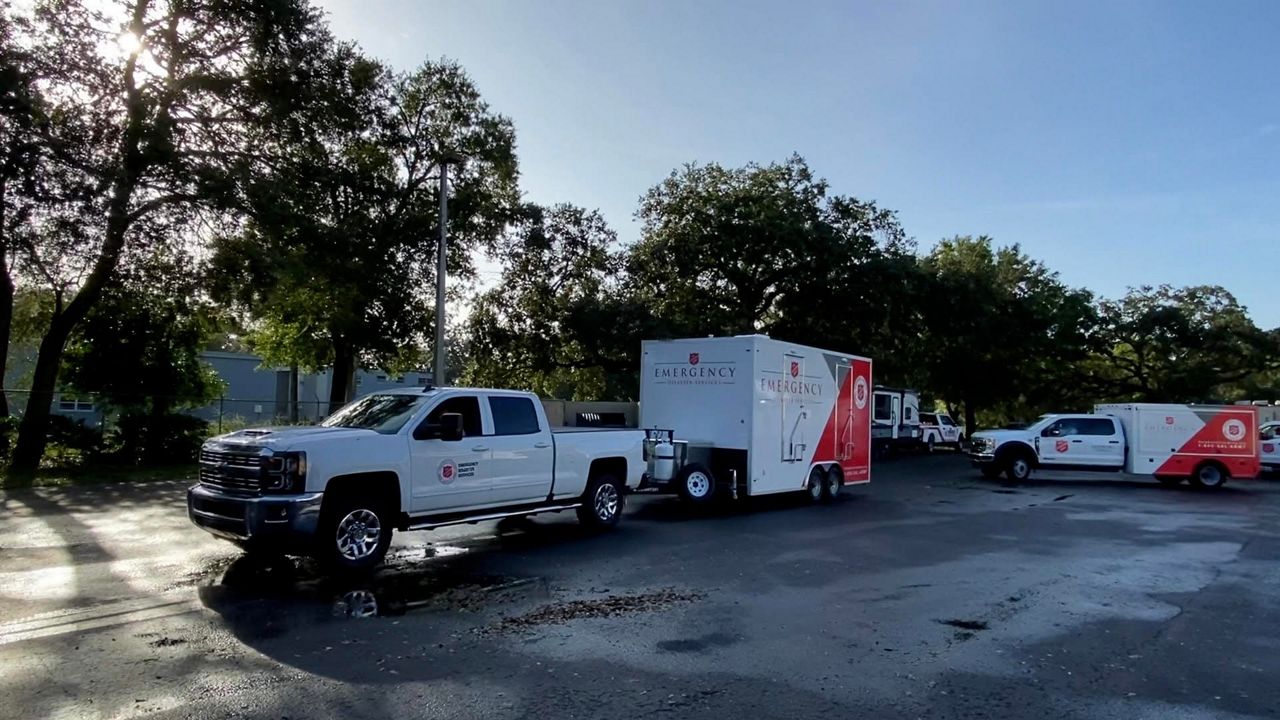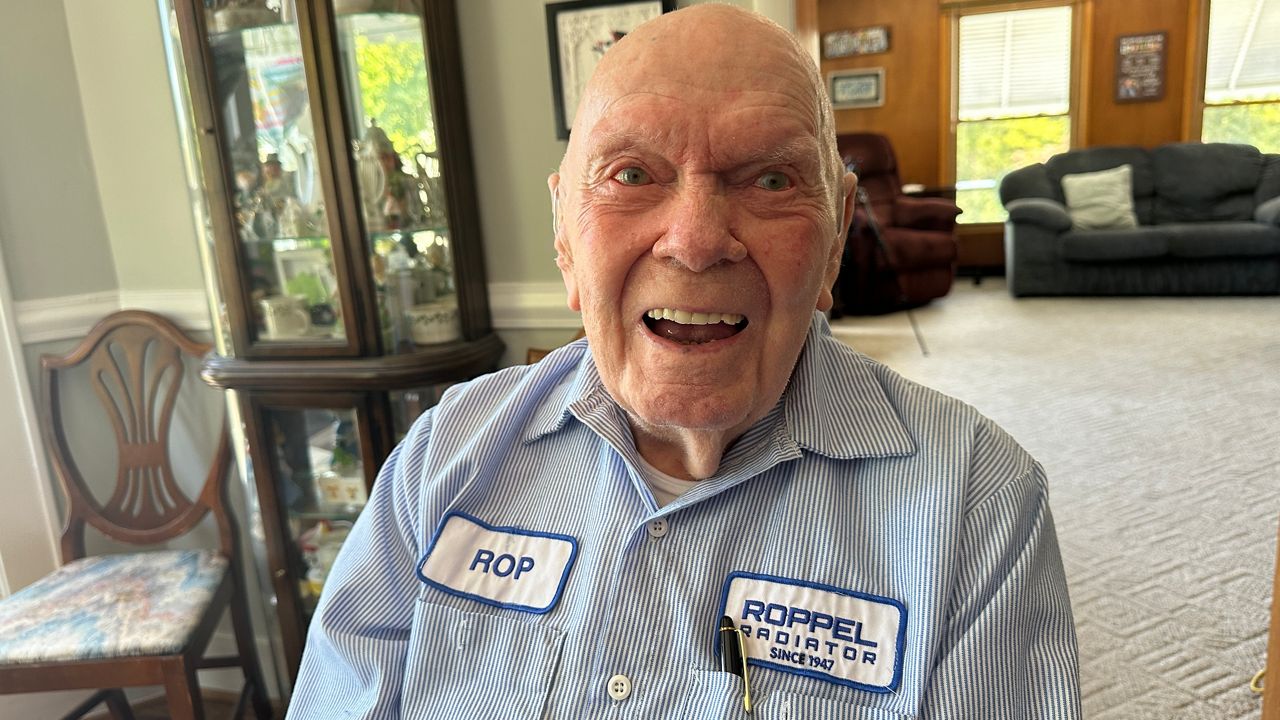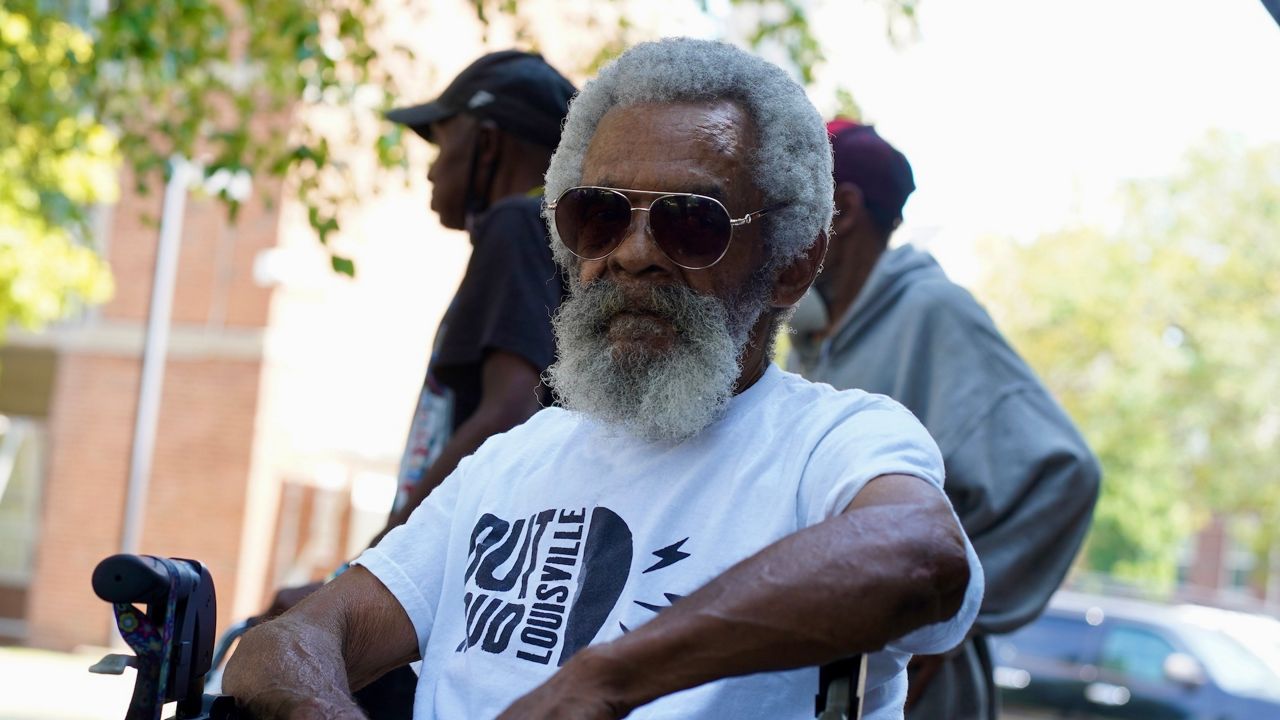LOUISVILLE, Ky. — According to The National Eating Disorder Association, eating disorders take the life of a person every 52 minutes. Eating disorders affect nearly 30 million people, impacting a person’s eating behaviors and perceptions about food and their bodies.
University of Louisville research professor Christina Ralph-Nearman says eating disorders can affect anybody and aren’t the same for everyone. And that’s why they turned to virtual reality technology to treat eating disorders.
“If you look at two people with the same eating disorder diagnoses, they can be driven by very different things. So one might have a fear of weight gain. One might have a fear of the physical sensations that we’re talking about. And then often people just avoid looking at the numbers, avoid the body, avoid thinking about the body. But those fears grow more and more,” said Ralph-Nearman.
Ralph-Nearman says treatments typically don’t work for most people, but for the ones that they do work for, about half of them relapse just within two to six months of high intensive treatment.
“A therapist can’t make someone’s body just gain weight in front of them. Right. And so, they would do different things like put a backpack on them and have them go on a scale and look at the larger size and try to expose them in those ways, but they’re not very realistic,” explained Ralph-Nearman.
The UofL prototype technology, dubbed Awaken Emerse, helps users virtually face and overcome their associated fears.
The VR technology provides a very realistic, personalized and accessible treatments for everybody.
A new $125,000 grant through NEDA’s Feeding Hope Fund will support work by the inventors, along with Andrew Karem of the J.B. Speed School of Engineering, to expand the platform to be more inclusive of all body types and sizes, ethnicities, races and gender identities, and to test outcomes further in a clinical setting.
“Put on the headset and there they are immersed into those serious fears and those irrational fears, such as the fear of weight gain where they can select their skin tone to their hair and they can personalize it, and then they can look at their body and experience that immediate weight gain that they’re that they’re fearful of and their anxiety will start to peak. And then it starts to come down. And as their anxiety starts to come down and they start to realize that they can cope with this, that it’s okay. And maybe not as bad as they thought it was,” shared Ralph-Nearman.
Ralph-Nearman believes that this type of tools will treat people more effectively and support therapists as well. UofL researchers hope for more technology development to help combat eating disorders.










